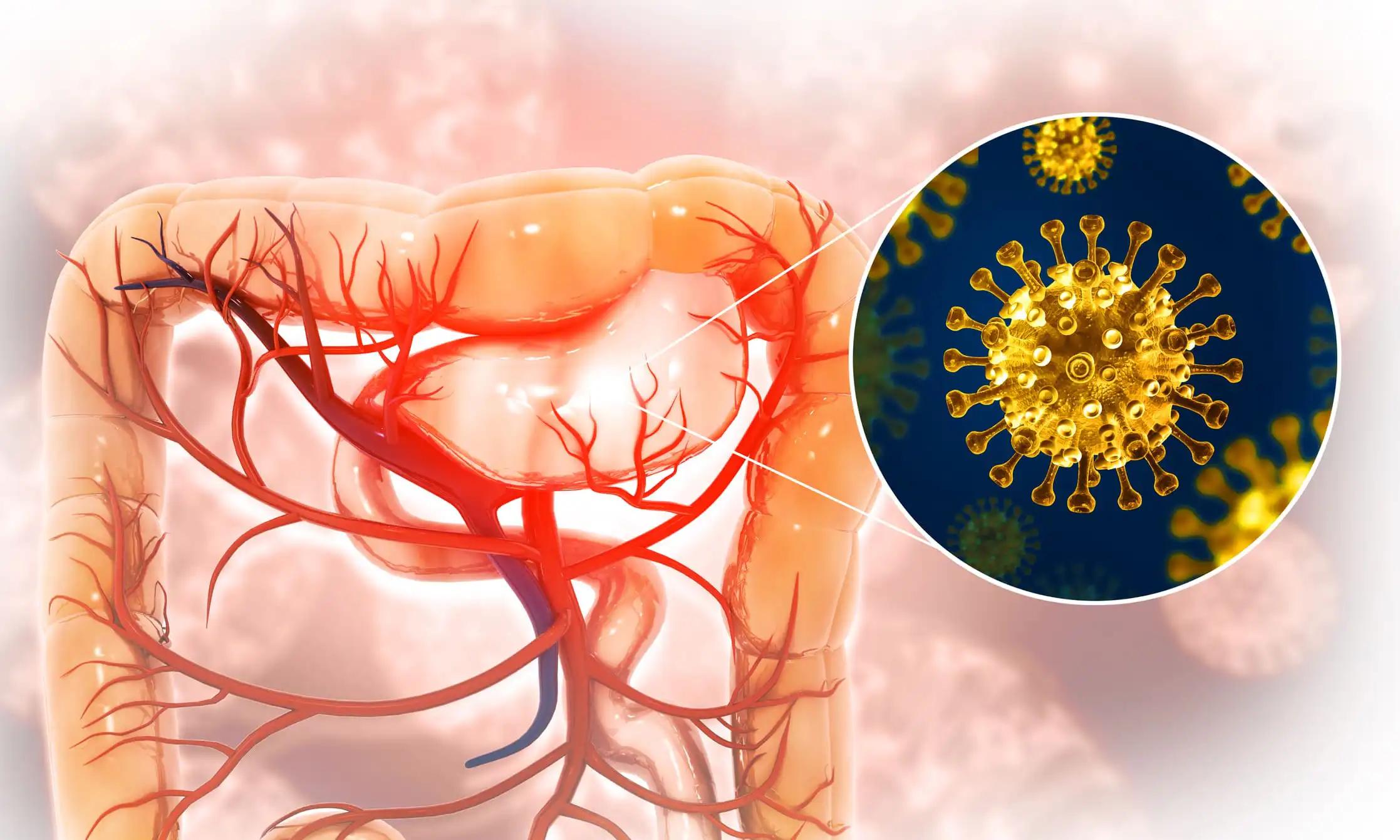KEY TAKEAWAYS
- The SOLARIS phase 3 trial investigated the effect of high-dose vitamin D3 on PFS in patients with mCRC.
- Researchers found that high-dose vitamin D3 showed no overall benefit for PFS but may help patients with mCRC.
Higher 25-hydroxyvitamin D levels have been linked to improved colorectal cancer (CRC) survival. The SUNSHINE phase II randomized controlled trial (RCT) demonstrated that patients with metastatic CRC (mCRC) receiving first-line (1L) chemotherapy plus bevacizumab and high-dose vitamin D3 had better progression-free survival (PFS) compared to those on standard-dose vitamin D3. The SOLARIS trial was designed to further evaluate the efficacy of high-dose vitamin D in mCRC.
Fei Ma and the team aimed to assess the impact of high-dose vitamin D3 combined with standard chemotherapy and bevacizumab on PFS in patients with previously untreated mCRC.
They performed an inclusive analysis in the double-blind phase III RCT, SOLARIS, involving patients with mCRC who had not received prior therapy, had an ECOG performance status of 0-1, and were not taking vitamin D ≥2,000 IU/d. Patients were randomized 1:1 to receive either high-dose vitamin D3 (8,000 IU/d for 14 days, then 4,000 IU/d) or standard-dose vitamin D3 (400 IU/d), in addition to mFOLFOX6 or FOLFIRI plus bevacizumab.
Stratification factors included chemotherapy backbone, performance status, and tumor sidedness. Treatment continued until disease progression, unacceptable toxicity, or withdrawal of consent. The primary intent-to-treat analysis compared PFS between the 2 arms using an unstratified log-rank test. Hazard ratios (HR) with 95% confidence intervals (CI) were derived from a Cox model, and median PFS was estimated using the Kaplan-Meier method.
With 273 PFS events from 450 patients and 1 interim analysis for futility, the study had 90% power to detect an HR of 0.70 (median PFS of 10 vs. 14.3 months) using a one-sided log-rank test with α=0.05. Secondary endpoints included response rate, overall survival (OS), and toxicity.
About 455 patients were randomized between October 2019 and December 2022. The median age was 59 years (range 27-92), with 60% male and 52% having a performance status of 0; 64% had a left-sided primary tumor. The median follow-up for PFS was 20 months (Q1, Q3: 7, 35 months), with 286 events. High-dose vitamin D3 did not improve PFS compared to standard-dose vitamin D3 (median PFS 11.8 vs. 10.3 months; HR 0.92, 95% CI 0.73-1.16; log-rank P=0.25).
Response rates were 51% vs. 44% (P=0.12), and median OS was 25.6 vs. 27.0 months (HR 1.05, 95% CI 0.81-1.36; log-rank P=0.34). Pre-planned subgroup analyses revealed a PFS benefit in patients with left-sided mCRC treated with high-dose versus standard-dose vitamin D3 (HR 0.74, 95% CI 0.55-1.00; P interaction=0.02). The most common grade ≥3 toxicities, including neutropenia/leukopenia, hypertension, peripheral neuropathy, and diarrhea, were not significantly different between the arms.
The study concluded that the addition of high-dose vitamin D3 to standard treatment did not improve PFS compared to standard-dose vitamin D3 in patients with mCRC. However, a potential benefit was observed in patients with left-sided mCRC.
The trial was sponsored by the Alliance for Clinical Trials in Oncology.
Source: https://cslide.ctimeetingtech.com/esmo2024/attendee/confcal/show/session/129
Clinical Trial: https://clinicaltrials.gov/study/NCT04094688
Ng K, Ou F.S, Zemla T, et al. (2024). “SOLARIS (Alliance A021703): A multicenter double-blind phase III randomized clinical trial (RCT) of vitamin D (VitD) combined with standard chemotherapy plus bevacizumab (bev) in patients (pts) with previously untreated metastatic colorectal cancer (mCRC).” Presented at ESMO 2024 (Abstract LBA26).



